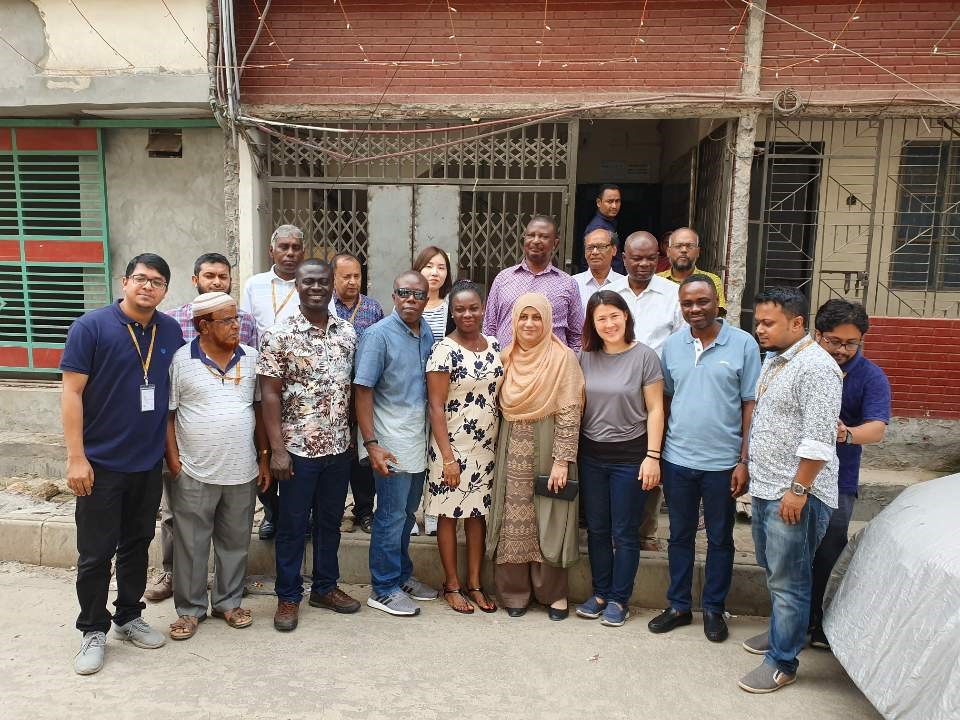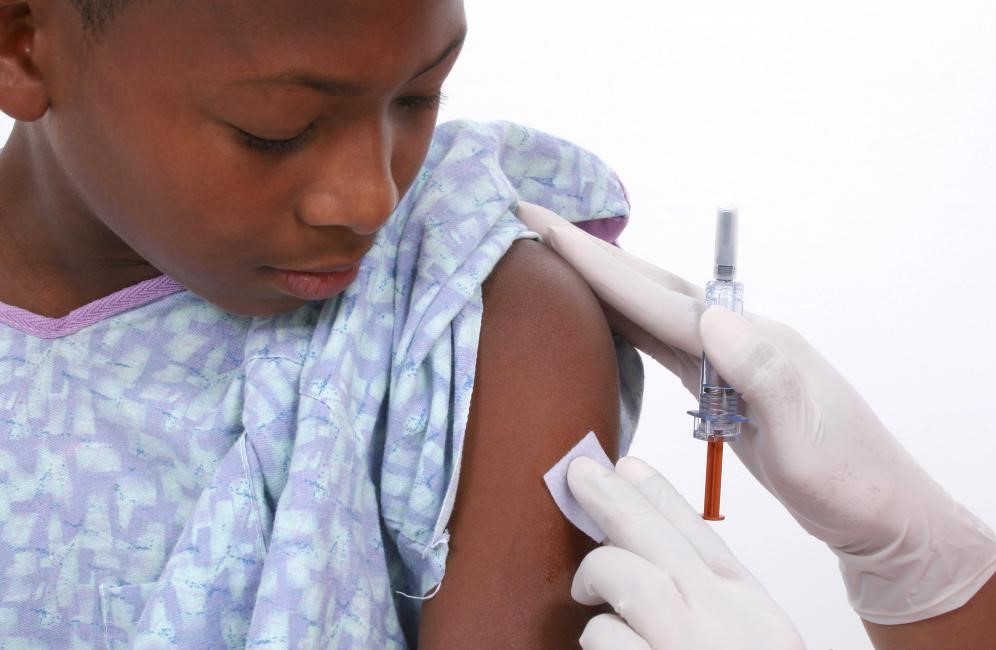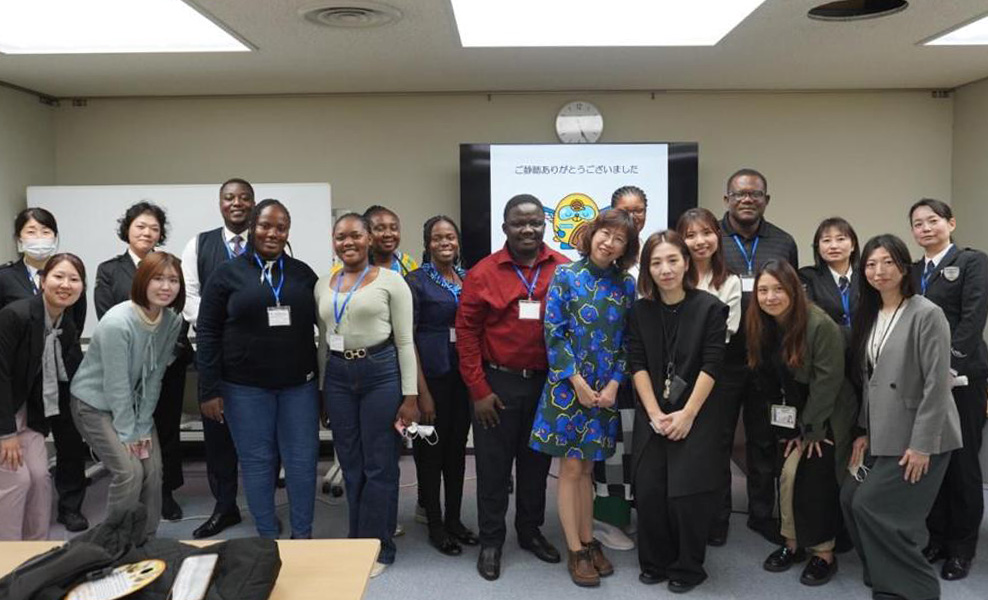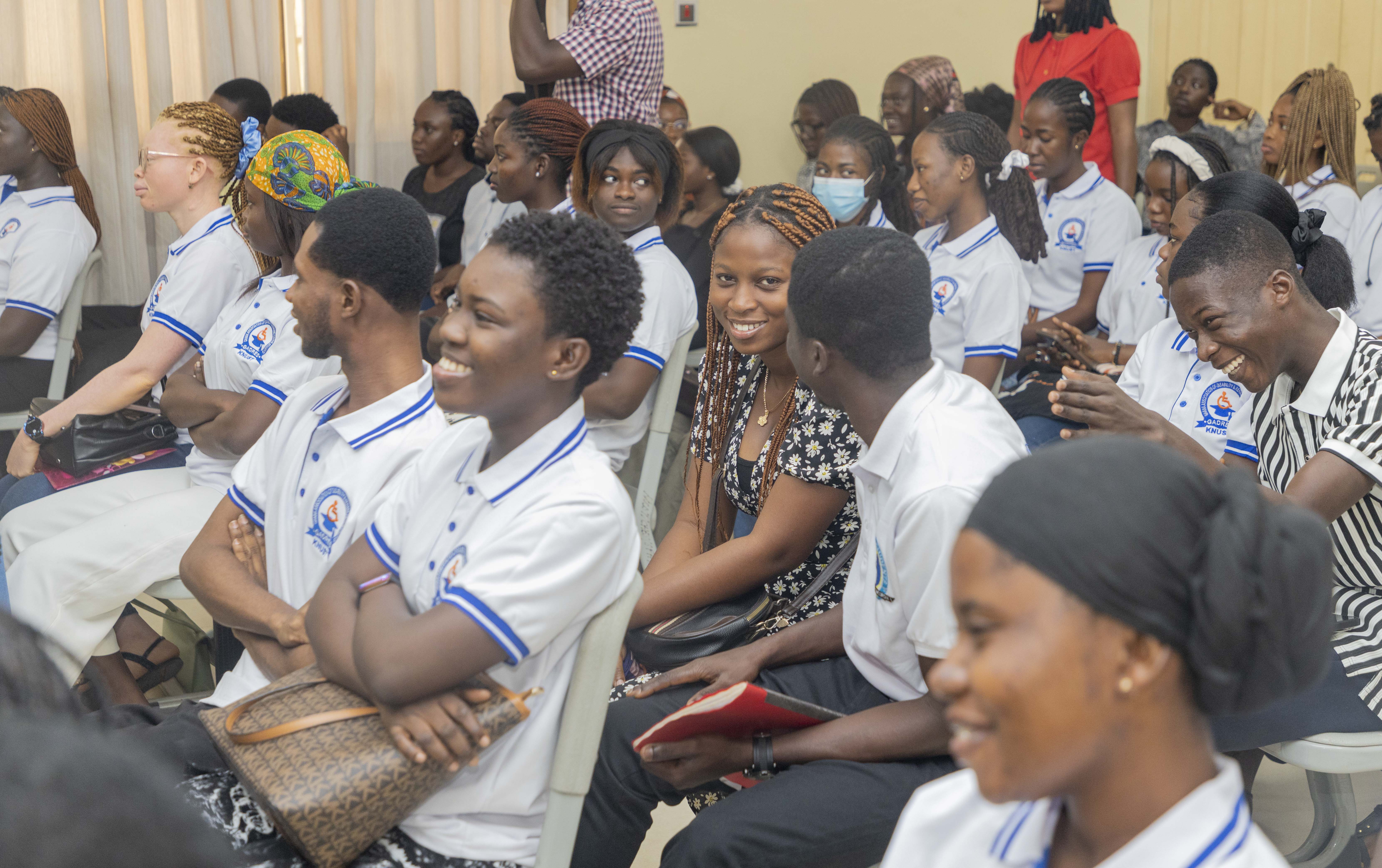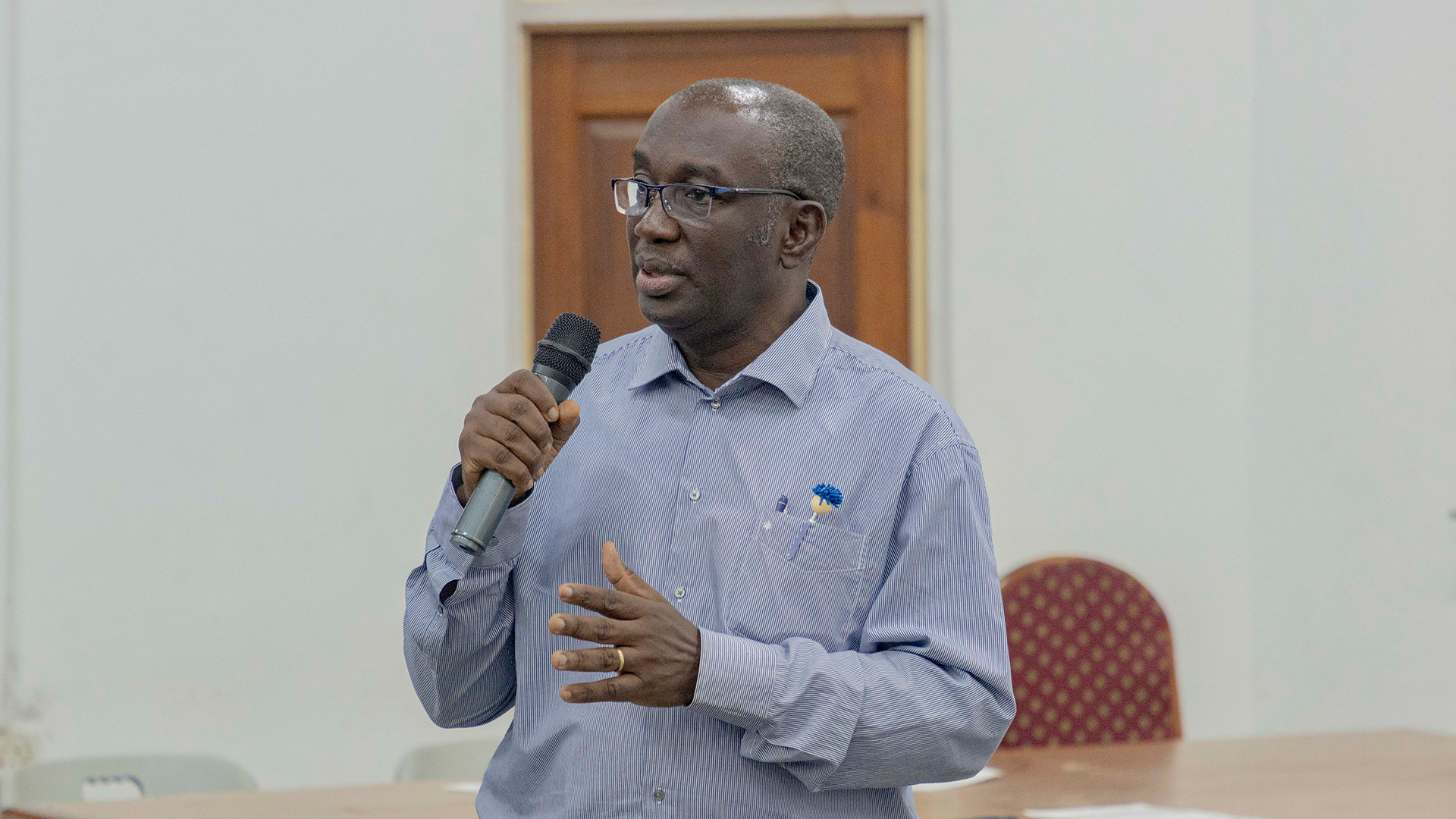Typhoid fever and invasive non-typhoid salmonellosis (an emerging neglected infectious disease) have been found to be most common causes of bacteraemia in several low- and middle-income countries (LMICs) especially those in sub-Saharan Africa. Together, these two infectious diseases are responsible for about 161,000 (S. typhi) and 31,600 (iNTS) deaths per year and mainly affect children under 16 years. Majority of these deaths are with children under 5 and immunocompromised subjects with case fatality of about 14% in those affected with iNTS. The difficult diagnosis and increasing antibiotic resistance strongly advocates for effective vaccine in addition to conventional ways of controlling diarrhoeal disease such as ensuring good hygiene, better sanitation practices and supply of potable water (WASH).
The THECA and Vacc-iNTS consortia, made up of overlapping 18 partners from 12 different countries including three (3) iNTS disease endemic countries, aims to advance the uptake of a recently introduced WHO recommended typhoid conjugate vaccine using Tetanus Toxoid as the carrier protein with Vi polysaccharide which was prequalified in 2018 and very safe and effective in children (Phase IIIb study) and the development of an urgently needed iNTS vaccine by conducting a Phase I/II study. While the typhoid vaccine trial will investigate the effectiveness of this vaccine in children aged 9 months to 15 years, the Vacc-iNTS will investigate the immunogenicity and safety of the iNTS-GMMA vaccine in infants and children below age five years using a novel vaccine based on outer membrane blebs released by genetically modified bacteria.
Both TyVEGHA and Vac-iNTS studies are funded by the European Union’s Horizon 2020 research and innovation programme with a total sum of about 19 million Euros (13 million and 6million respectively) with high-level strategic concepts from network of experts from academia, industry and non-profit organizations as listed below.
These two (2) studies will explore and analyse the immunological and sero-epidemiology to support further vaccine development, deployment and up scaling of uptake of the Vi-TCV and iNTS in limited resourced public health systems such as pertains in sub-Saharan countries including Ghana and this will be achieved by conducting the studies in collaboration with other members of the consortia at designated sites in the Asante Akim North District of Ghana. The role of the School of Public Health based at the Kwame Nkrumah University of Science and Technology will be to perform recruitment of patients and other needed study participants, conduct clinical and laboratory investigations with the view to generating data that will support potential adoption by countries in the sub-Saharan African Region and elsewhere in Asia.
It will be worth mentioning that these projects represent an important step forward in the development of a solution to counter the above-mentioned poverty related diseases responsible for a huge health and economic impact in resource poor countries.
Participating Institutions
- Sclavo Vaccines Association (Italy)
- University of Cambridge (UK)
- University of Oxford (UK)
- Unversity of Liverpool (UK)
- GSK Vaccines Institute for Global Health (Italy)
- University of Siena (Italy)
- Kenya Medical Research Institute (Kenya)
- Institute of Tropical Medicine Antwerp (Belgium)
- University of Otago (New Zealand)
- University of Ouaga (Burkina Faso)
- University of Antananarivo (Madagascar)
- International Vaccine Institute (South Korea)
- International Centre for Diarrhoeal Disease Research (icddr,b) (Bangladesh)
- University of Maryland (USA)
- Fondation Merieux (France)
- Institute National de Recherche Biomedicale du Zaire (INRB) (DR Congo)
- MMGH Consulting GMBH (Switzerland)
- Kwame Nkrumah University of Science and Technology, Kumasi (Ghana)
